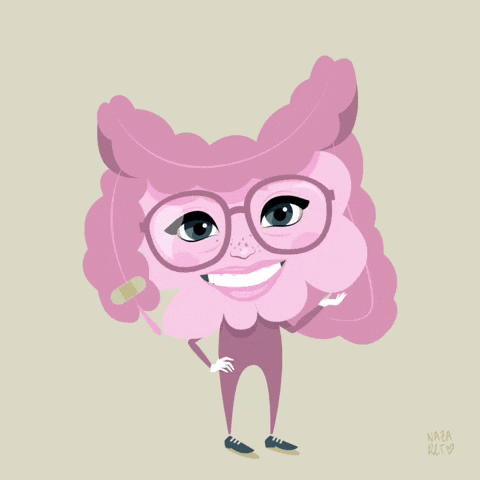- Notes from Inner Village Health
- Posts
- A reminder about wet-cooked breakfasts
A reminder about wet-cooked breakfasts

How often do you eat congee or porridge for breakfast?
Congees and porridges are the traditional breakfast foods from a Chinese medicine point of view.
These wet-cooked meals are made with water and a grain (white rice, in the case of congee) and a bit of oil or butter, then topped with an assortment of additions, like eggs, fish, scallions, ginger, veggies, dried fruit, or various leftovers in the family fridge.
A morning porridge sets the scene for a day of good digestion, as the water in the wet-cooked food is released throughout the process of food breakdown in the body. This kind of soothing, hydrating breakfast supports the stomach yin and the downward directionality of the stomach organ. The ever-so-sweet note of the grain supports the spleen qi. Together, the spleen and stomach work in harmony to carry out their digestive responsibilities. The importance of this pairing cannot be overstated, as the rest of our health relies on our digestive capacity.

Gif by nazaretescobedo on Giphy
When we get in the habit of each a wet-cooked breakfast, like congee or soup, every system in our body benefits. Our digestion, our physical movment, our skin, our blood, and our yin. It is easier for us to overcome depletion and illness when we are systemically hydrated.
Every cultural lineage has an example of porridge, similar to the way every cultural tradition has a history of herbal medicine, textiles, and celebratory rituals. These water-based grain preparations used to be part of most people’s everyday lives. It’s interesting to consider how these norms shift and change.
A wet breakfast could be a congee or porridge. It could also take the form of very soupy oatmeal or simply a soup. I sometimes recommend clients who prefer to have something like scrambled eggs and toast for breakfast to at least try a cup of miso soup on the side. You can buy a high-quality miso paste at the store and stir it into broth or water in the morning. This provides such a savory, comforting source of hydration with digestive support from the fermented paste to boot. Perhaps you shift your breakfast to white rice, boiled eggs, and a small cup of miso soup.
If you’re intersted in trying congee, check out this article by Andrew Sterman, a classical Chinese medicine practitioner/teacher and musician based in NYC.
You can send me a short note if you’re looking for more ideas. Chinese medicine has many suggestions for wet-cooked foods (e.g., poached pears, braised chicken, noodle soups).
If you’re curious to have your tongue assessed with classical Chinese medicine diagnosis, which provides a window into health, look below for a link to sign up - all Wednesday evening sessions are remote/online. 😊
Yours in wellness,
Artemisia

Artemisia Obi, MA
Chinese Medicine Practitioner | Clinical Herbalist
Upcoming Events
Chinese Medicine Support for Menstrual Cycles
class at Lost Cultures Tea Bar in Albuquerque, NM
Saturday, March 8th | 2-3pm MST | $30, herbal teas included
Tongue Reading & Mini-Assessments Online
individual mini-sessions online - available to everyone remotely
Wednesday evenings | 5-7pm MST | $20
Reply